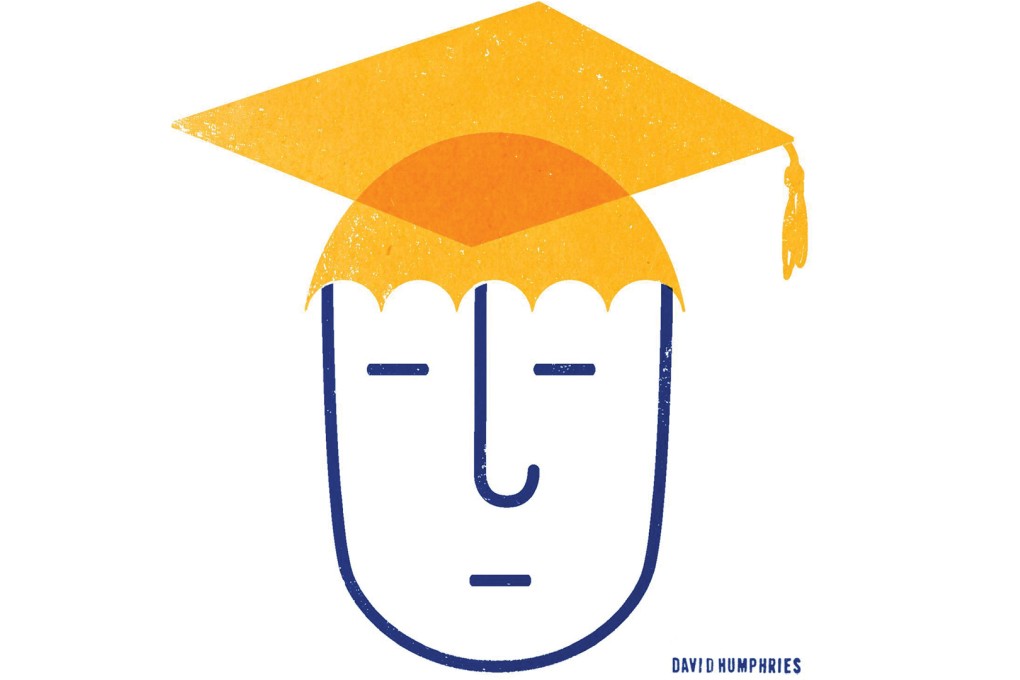What exactly does 'academic freedom' mean to Johannes Chan and his supporters?
Tony Carty says a reading of public statements by the academic provides ample evidence of why his appointment was blocked by the University of Hong Kong council


These sentiments are echoed by Chan himself who says that a publicly funded institution, acting in a matter of general interest, should be transparent in its reasons for decisions. There is even talk of a judicial review to see whether the institution took into account irrelevant considerations in reaching its decision.
Any influence of the Hong Kong government, which has six nominees on the council, will be widely assumed to be nothing more than a "diktat" from Beijing. So, it is easy to widen the Chan nomination dispute to include evidence of a failure of China's "trumpeted support for the rule of law", particularly in view of the "personal smear attacks" on Chan by the pro-Beijing press in Hong Kong (Cohen and Cheung again). Chan has counted 350 such attacks.
If staff and students of HKU decide to break the laws of Hong Kong with a view to compelling a change of government, that is fine with him as long as they fulfil their contractual duties to the university
So it may appear that Beijing is directly engaged in an attack on the academic autonomy of HKU, one more incident in a global struggle where the Chinese government is itself seen as incompatible with "the fundamental values of human rights and the rule of law". No wonder Chan is seen as a threat! To my knowledge, the content of these smears has not been addressed in English-language media in Hong Kong. They are in Chinese, and I asked one of my mainland PhD students to translate one extensive article published when the smear campaign was at its height. The article included such criticism as: Chan's policy of having assistant professors without research degrees supervising mainly mainland PhD students; the faculty holding apparently academic meetings which are actually an expression of political activism; and appointing many senior Western academics who are not noticeably academically productive in research while in Hong Kong.

While I was a member of the faculty, I invited many of my senior colleagues, including the present dean, to comment on these criticisms and received no answer.
How does Chan himself see this global conflict? On the basis of published and public, if not widely circulated, documents, one might say he sees it in much the same terms as Cohen, a friend of the faculty. In a faculty newsletter in the spring of 2014, Chan introduced Michael Hor Yew Meng, the newly chosen dean as follows: "Some friends have expressed a concern how he would handle politically sensitive issues. When he was asked during his meeting with the Faculty how he would handle Benny Tai [Yiu-ting] in relation to his involvement in Occupy Central, his response was that as long as Benny or any colleague is pulling his weight in teaching, research and administration, what he or she does outside the Faculty should not be the business of the Faculty."
Chan goes on to say of Hor: "I have known Michael for over a decade. He is a man of humour and sensitivity and a person of high integrity … Despite his familiarity with Hong Kong … he is less experienced in dealing with China. No doubt he will need a lot of advice and support from colleagues and friends."
